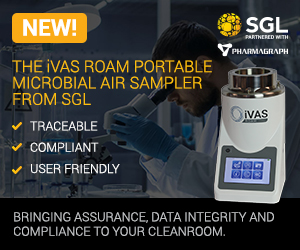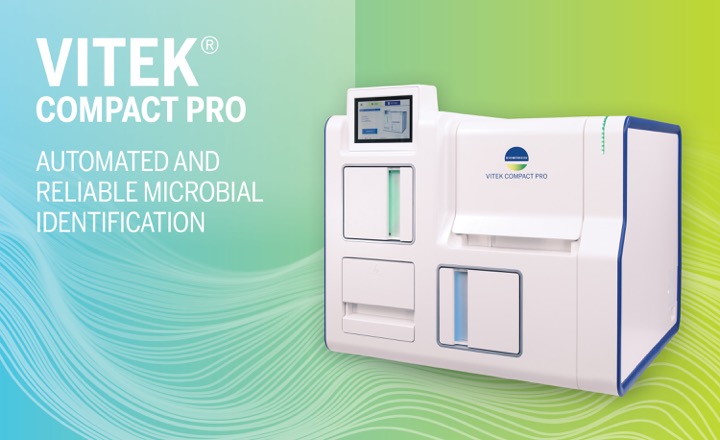BD have launched the next generation diagnostic instrument for rapid bacterial identification and antimicrobial susceptibility testing (ID/AST).
The new BD Phoenix™ M50 ID/AST system helps deliver the same rapid, accurate and cost-effective testing as the legacy BD Phoenix™ 100, within a smaller footprint. The system is highly reliable and requires no preventative maintenance, thanks to innovative materials and engineering techniques employed during its development. In addition to being robust, the system offers multiple languages, facilitating even broader adoption in laboratories around the world.
The new system benefits from the demonstrated performance of the legacy BD Phoenix 100 system for detecting current and emerging resistances as well as the extended testing capabilities provided by BD Phoenix™ Emerge AST panel with 136 wells.
The BD Phoenix M50 system also offers integration with multiple other analyzers, including the BD BACTEC™ and BD Bruker™ MALDI Biotyper systems, through BD EpiCenter™ middleware connectivity that enables data traceability and security, paperless workflow and flexible communication capabilities to deliver the efficiencies expected by laboratories of all sizes. The BD Phoenix M50 system joins the overall BD diagnostics portfolio to help drive the transformation of microbiology.
"The small footprint of the BD Phoenix M50 system combined with its demonstrated speed, accuracy and efficiency makes the system an attractive solution for microbiology laboratories around the world," said Dave Hickey, president of Diagnostics Systems for BD. "This launch reinforces the engagement of BD to become more relevant in ID/AST and intensifies its support to the fight against antimicrobial resistance."
Visit bd.com/ds for more information.























